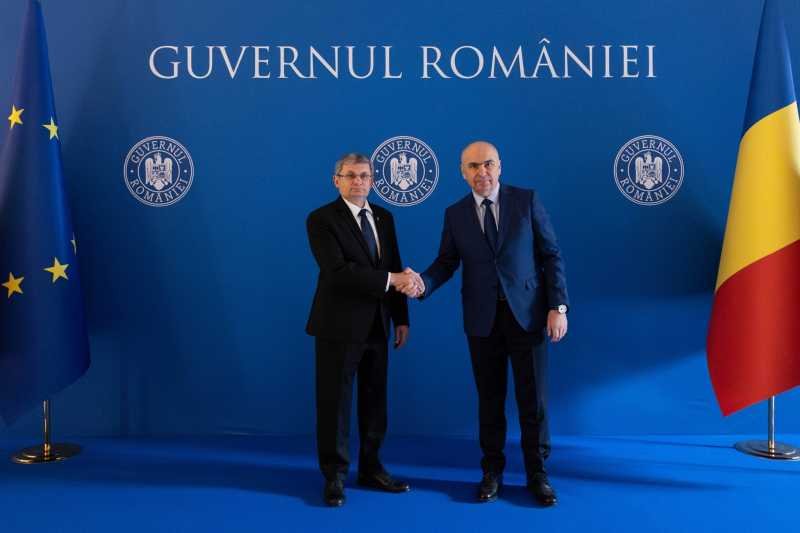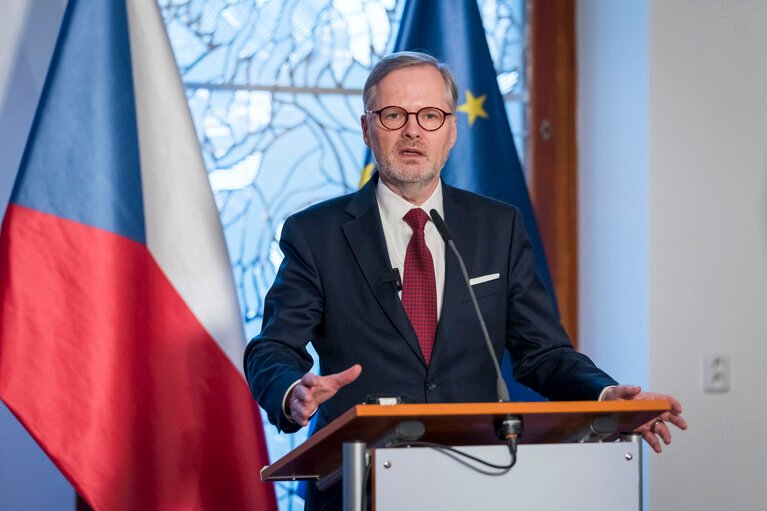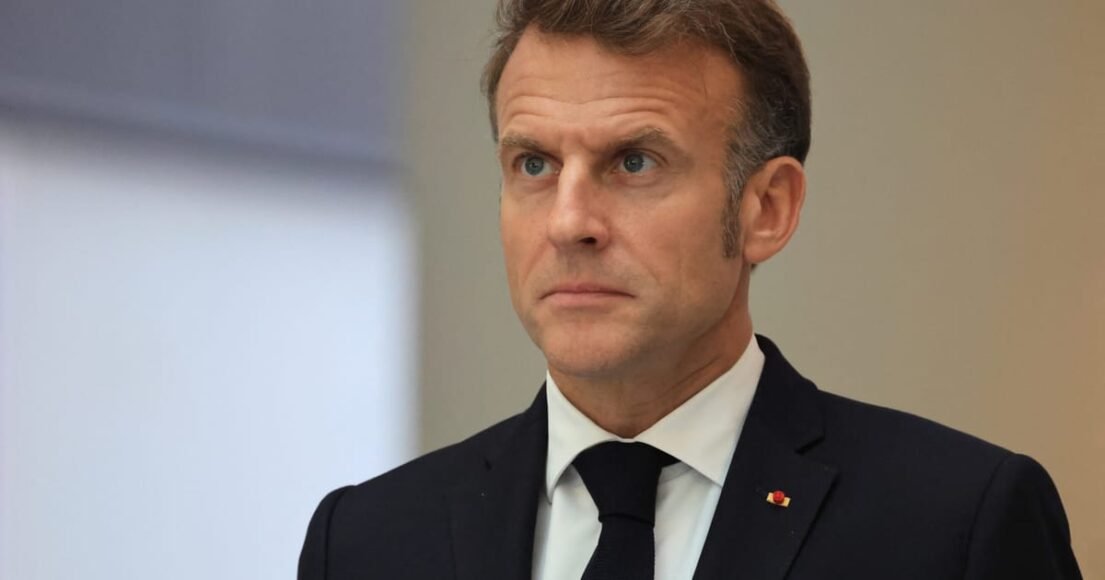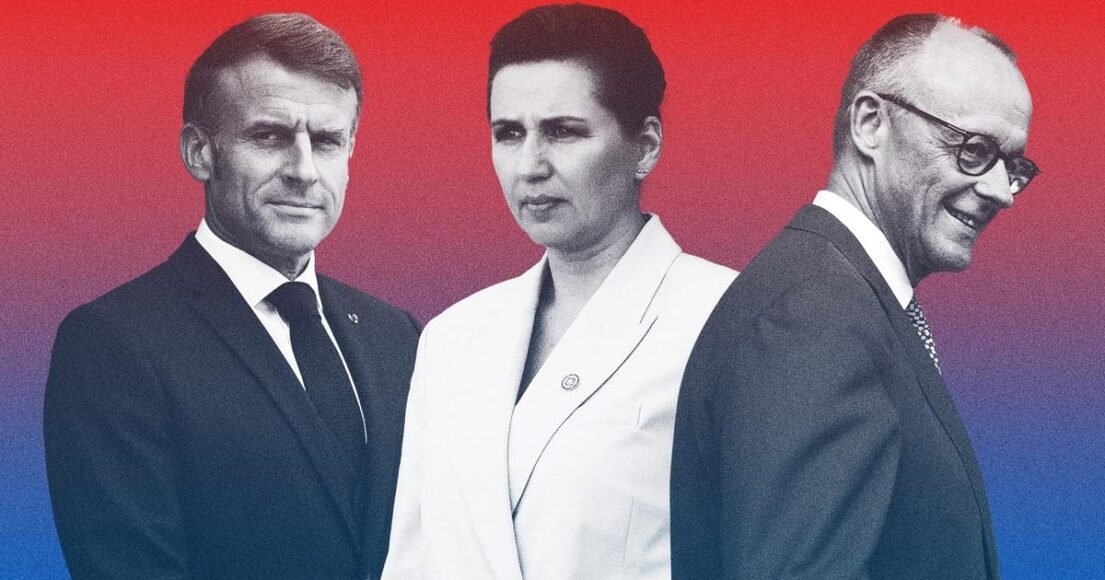
The European Commission is progressing with plans that would grant Brussels extensive new control over how Member States tax and regulate tobacco, despite considerable opposition at the national level.
The initiative, rooted in the revised Tobacco Excise Directive (TED) and the new Tobacco Excise Duty on Raw Tobacco (TEDOR), is already exposing sharp divisions within the EU and raising broader questions about whether the Commission can create its own tax resources without the unanimous consent of all 27 Member States.
Swedish Finance Minister Elisabeth Svantesson has already made it clear how contentious that battle will be, calling an EU-wide tax hike on tobacco and tobacco products “completely unacceptable” and warning that Brussels is considering redirecting revenues to the EU rather than national treasuries.
Centralization Without Consensus
The Commission’s plan pursues two controversial goals: raising new revenues for EU priorities such as defense and Ukraine, and tightening centralized control over raw tobacco markets. Both ambitions cut directly against Member State sovereignty at a time when national capitals are prioritizing fiscal independence.
Brussels is also promoting two conflicting agendas: It wants to raise billions from pouches and raw tobacco, while simultaneously pushing bans and restrictions that would shrink the very market it seeks to tax.
Member State Pushback
Member States are equally divided. Italy, Spain, Greece, and Poland, home to nearly 80,000 tobacco farming jobs, warn that Brussels’ approach amounts to a Soviet-style system of market control that would devastate rural communities while inviting imports from China, Brazil, and Turkey.
Polish officials have rightfully scoffed at what they call a “direct threat” to one of their country’s most profitable export sectors, which contributes nearly €9 billion annually to Warsaw’s budget. Former MEP Ryszard Czarnecki was blunt in a recent post on X: “The upcoming revision of the Tobacco Excise Directive (TED) is a direct threat to Polish farmers. Hoekstra’s Commission wants massive tax hikes—up to 258%—on products that are the livelihood of thousands across rural Poland.”
In Greece, where more than one in ten farming households depend on tobacco, leaders argue the Commission’s proposal would fuel black-market sales, not curb them.
Even northern Member States, which produce little tobacco, are wary of ceding tax authority to Brussels. Finance ministries in Berlin, Paris, and The Hague have signaled they do not want to surrender billions in annual excise revenues at a time of tight national budgets.
Echoes of the Green Deal
The risk for Brussels is that TED and TEDOR, like the Green Deal before them, will be remembered as overly ambitious projects that outpaced political reality. President Ursula von der Leyen has placed loyalists in key Commission posts to manage the process, but Directorates-General remain divided and capitals are hardening their red lines.
Recent correspondence from DG SANTE’s Sandra Gallina to Spain’s foreign ministry, leaked to the press, underscored the tensions. Gallina warned Madrid that its national decree on nicotine products could backfire and derail the Commission’s broader tobacco strategy. Spain, however, has shown little interest in compromise, raising the prospect of legal challenges at the European Court of Justice that could stall Brussels’ plans for years.
A Credibility Test
For Brussels, the stakes go beyond tobacco. The TED and TEDOR proposals are being closely tied to the EU’s “own resources” package, an effort to finance new EU spending priorities without direct national contributions. But critics say the package, expected to raise €11.2 billion annually, is a cash grab that risks further alienating Member States.
Bloomberg Tax reported that the budget link has turned what Brussels assumed would be a technical file into a high-stakes political fight, with countries like Sweden and Portugal warning the measure would siphon too much money from their coffers.
Outlook
The legislative timeline stretches years into the future, with unanimous Council approval and national ratification required before any new system could take effect in 2028. That gives opponents ample opportunity to delay or block the package outright.
For now, the Commission faces a mounting backlash that recalls the Green Deal













Leave a Reply